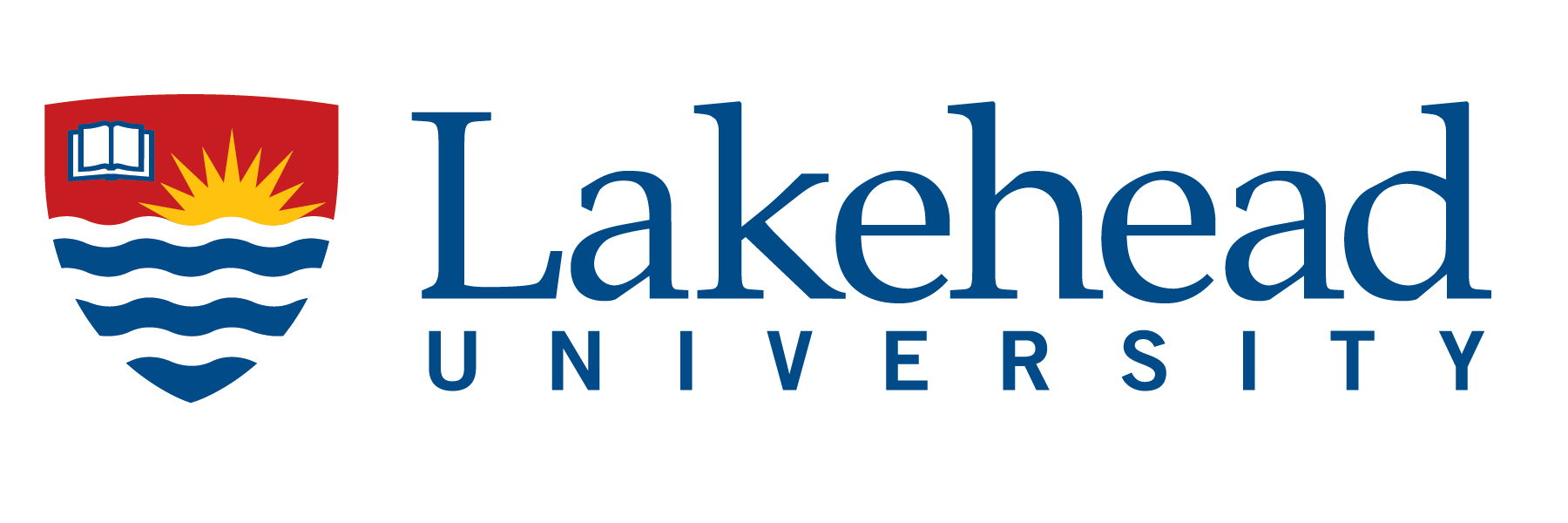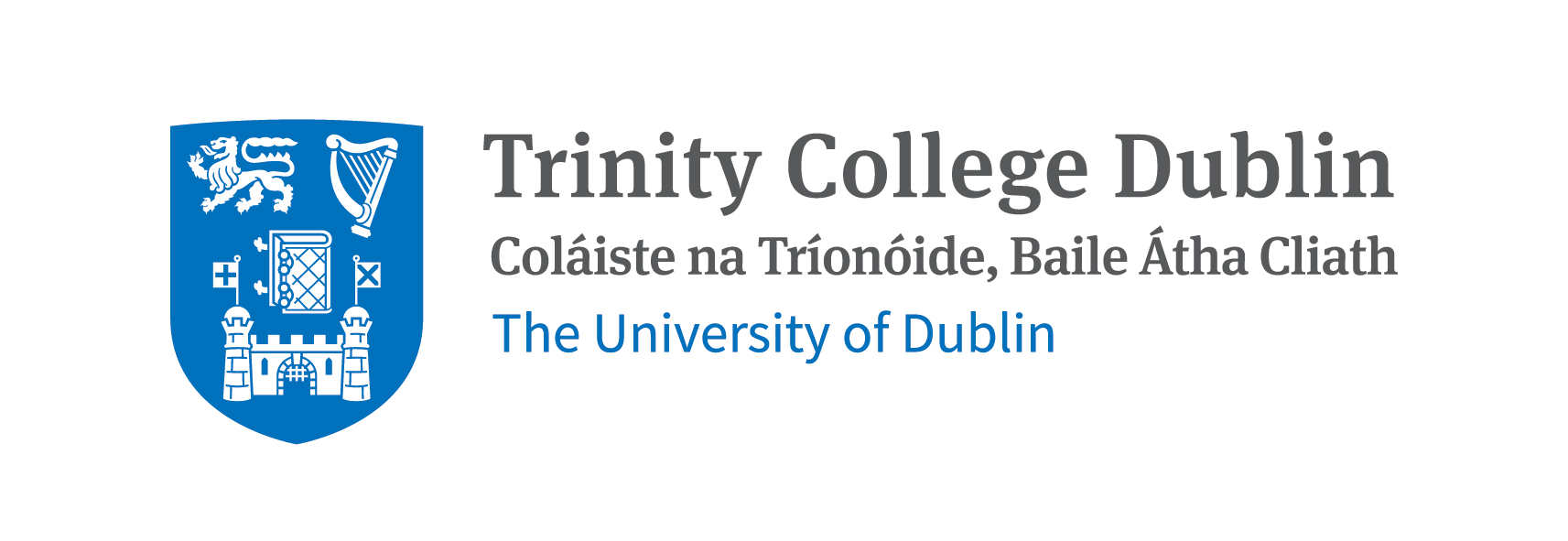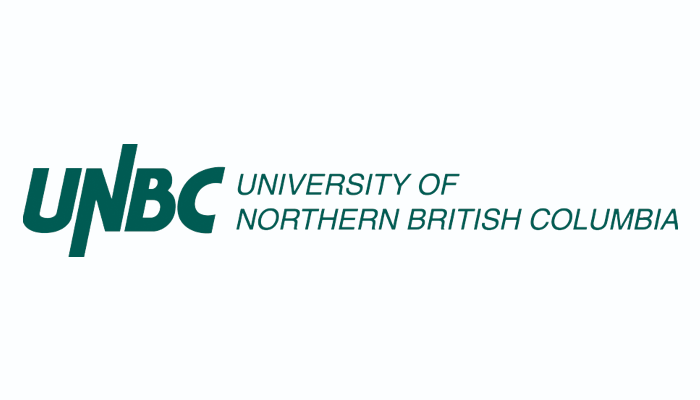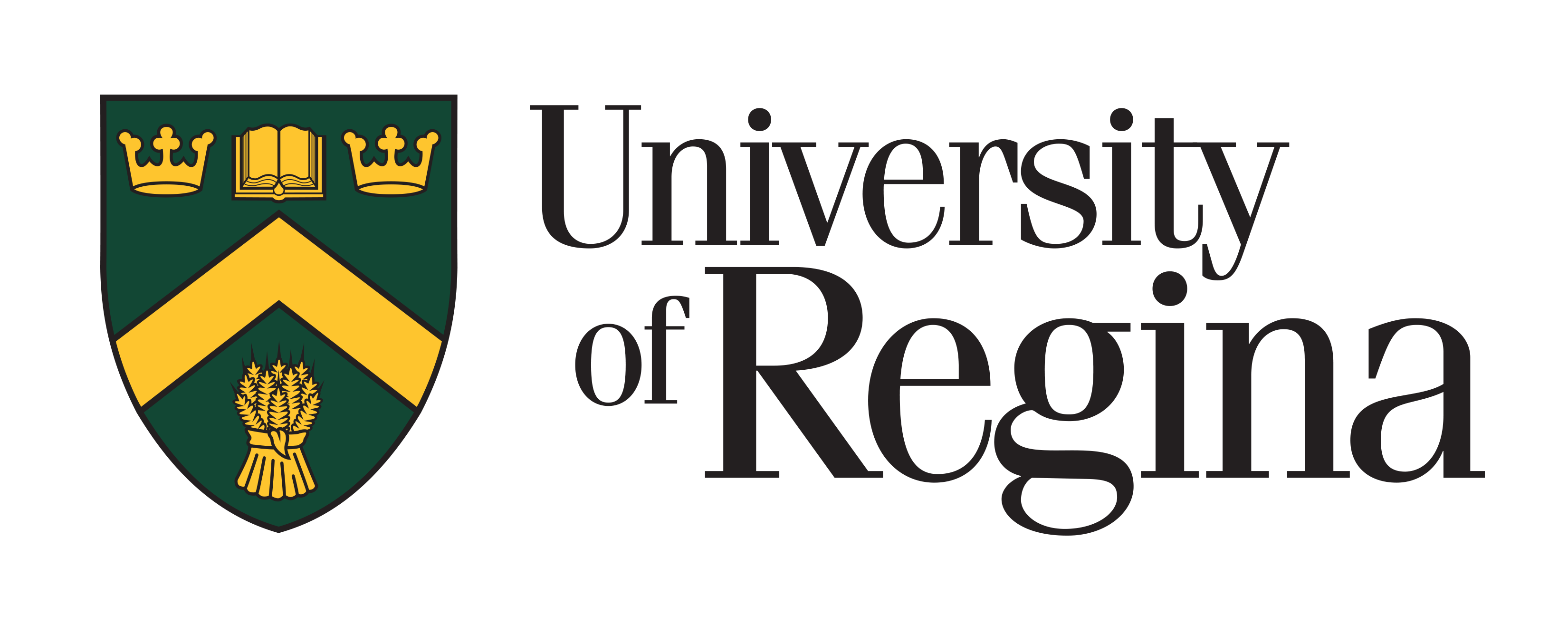Women's and Gender Studies
Explore the World of Gender, Equality, and Social Justice
Women's and Gender Studies is an interdisciplinary field that examines the social, cultural, political, and economic aspects of gender and its intersections with race, class, sexuality, and other identities. This dynamic program equips students with critical thinking skills to analyze and challenge inequalities, fostering a deeper understanding of how gender shapes our world. For Indian students dreaming of studying abroad, this course offers a global perspective on issues like feminism, women's rights, and LGBTQ+ advocacy, which are increasingly relevant in today's interconnected society.
Whether you're passionate about social change, human rights, or cultural analysis, Women's and Gender Studies provides a platform to engage with diverse viewpoints. Studying abroad in countries like the USA, UK, Canada, or Australia allows you to immerse yourself in progressive academic environments where these topics are at the forefront of research and activism.
Why Choose Women's and Gender Studies Abroad?
Studying Women's and Gender Studies internationally opens doors to world-class faculty, cutting-edge research, and multicultural dialogues that enrich your perspective. As an Indian student, you'll gain insights into global gender dynamics, comparing them with India's evolving landscape—from the #MeToo movement to policies on women's empowerment.
- Global Exposure: Learn from international case studies, including women's roles in global migrations, indigenous rights, and transnational feminism.
- Skill Development: Hone skills in research, advocacy, writing, and public speaking, which are transferable to various careers.
- Cultural Immersion: Participate in internships with NGOs, women's shelters, or policy think tanks abroad, building a global network.
- Relevance to India: Bring back knowledge to contribute to Indian organizations like the National Commission for Women or grassroots initiatives.
Many programs emphasize intersectionality, helping you explore how gender intersects with caste, religion, and colonialism—topics deeply resonant for South Asian students.
Course Overview and Structure
Women's and Gender Studies programs typically span 3-4 years for a bachelor's degree or 1-2 years for a master's. They combine theoretical coursework with practical components like fieldwork, seminars, and thesis projects. Core objectives include:
- Understanding historical and contemporary gender theories.
- Analyzing media representations and cultural narratives around gender.
- Examining policies on reproductive rights, violence against women, and workplace equality.
- Promoting inclusive practices in education and society.
Most courses are flexible, allowing electives in related fields like sociology, history, or law. For instance, a typical bachelor's program might require 120-140 credits, with a mix of lectures, discussions, and independent study.
Sample Curriculum Modules
| Module | Description | Duration |
|---|---|---|
| Introduction to Gender Studies | Foundational concepts of sex, gender, and sexuality; explores feminist theories from Simone de Beauvoir to bell hooks. | Semester 1 |
| Global Feminisms | Comparative study of women's movements worldwide, including South Asian contexts like the Chipko movement. | Semester 2 |
| Intersectionality and Social Justice | Focuses on how gender intersects with race, class, and disability; includes case studies from India and abroad. | Semester 3 |
| Gender and Media | Analyzes portrayals of women in film, advertising, and social media; practical projects on digital activism. | Semester 4 |
| Advanced Topics: LGBTQ+ Studies | Explores queer theory, rights advocacy, and policy reforms; fieldwork with local communities. | Elective |
| Capstone Project | Independent research on a gender-related issue, such as women's labor in the global economy. | Final Year |
This structure ensures a balanced blend of theory and practice, preparing you for real-world applications. Many universities offer online or hybrid options, ideal for balancing studies with part-time work.
Top Universities Offering Women's and Gender Studies
Renowned institutions worldwide provide exceptional programs tailored for international students. Here's a selection popular among Indian applicants:
- University of California, Berkeley (USA): A leader in feminist scholarship with strong ties to Silicon Valley activism.
- University of Toronto (Canada): Offers inclusive programs with scholarships for diverse backgrounds.
- SOAS University of London (UK): Focuses on postcolonial gender studies, relevant for South Asian perspectives.
- University of Melbourne (Australia): Emphasizes indigenous and migrant women's issues.
- York University (Canada): Known for its interdisciplinary approach and vibrant student community.
These universities often rank highly in QS World University Rankings for social sciences, providing access to libraries, guest lectures, and international conferences.
Admission Requirements for Indian Students
Gaining admission is straightforward if you prepare well. Most programs require:
- Academic Qualifications: A high school diploma (10+2) with at least 60-70% marks for bachelor's; a bachelor's degree (50-60% aggregate) for master's. Subjects like English, History, or Sociology are advantageous.
- English Proficiency: IELTS (6.5+ overall) or TOEFL (80+); some universities accept Duolingo English Test.
- Standardized Tests: GRE for master's in the USA; not always mandatory elsewhere.
- Supporting Documents: Statement of Purpose (SOP) highlighting your interest in gender issues, Letters of Recommendation (2-3), and a resume showcasing any volunteer work (e.g., with women's NGOs in India).
- Visa and Finances: Proof of funds for tuition (INR 15-30 lakhs/year) and living expenses; student visa interviews focus on your study plans.
Application deadlines are typically December-January for fall intake. Indian students can leverage services like Education Consultants in cities like Mumbai or Delhi for guidance.
Career Prospects and Opportunities
A degree in Women's and Gender Studies is versatile, leading to impactful careers in advocacy, policy, and beyond. Graduates often earn competitive salaries, with entry-level roles starting at $40,000-$60,000 annually abroad (equivalent to INR 30-50 lakhs).
Key Career Paths:
- NGOs and Non-Profits: Work with organizations like UN Women, Amnesty International, or Indian groups like SEWA on gender equality projects.
- Policy and Government: Roles in human rights commissions, advising on laws like the Protection of Women from Domestic Violence Act.
- Media and Journalism: Reporting on social issues for outlets like The Guardian or The Hindu.
- Corporate Sector: Diversity and inclusion specialists in companies like Google or Tata Consultancy Services.
- Academia and Research: Pursue PhDs for teaching or think tanks like the Centre for Women's Development Studies in India.
- Activism and Counseling: Support roles in women's helplines or LGBTQ+ centers.
Many alumni return to India to influence policy or start initiatives, blending global insights with local needs. Further studies in law, public health, or international relations are common pathways.
Scholarships and Financial Aid
Funding is accessible for meritorious Indian students. Explore these options:
| Scholarship | Provider | Amount/Coverage | Eligibility |
|---|---|---|---|
| Fulbright-Nehru Master's Fellowships | USIEF (USA) | Full tuition + living stipend | Indian citizens with strong academics and leadership potential |
| Chevening Scholarships | UK Government | Full funding for master's | 2+ years work experience; focus on social impact |
| Vanier Canada Graduate Scholarships | Government of Canada | CAD 50,000/year for 3 years | PhD applicants with research excellence |
| Australian Awards | Australian Government | Full tuition + travel | From developing countries like India; priority for women's studies |
| University-Specific Grants | Various (e.g., UC Berkeley) | Partial to full tuition | Based on merit and need; apply via university portals |
Additionally, Indian government schemes like the National Overseas Scholarship support SC/ST students. Budget for additional costs like health insurance (INR 50,000/year) and travel.
Student Life and Tips for Success
Life abroad as a Women's and Gender Studies student is enriching yet demanding. You'll join clubs like feminist societies, attend protests, and collaborate on projects. For Indian students, balancing cultural adjustment with studies is key—many campuses offer Diwali celebrations and Indian student associations.
Pro Tips:
- Connect with alumni via LinkedIn for mentorship.
- Start building a portfolio of essays or blogs on gender topics during your degree.
- Utilize career services for internships; paid opportunities can offset costs.
- Stay safe and informed about local laws on gender and equality.
- Embrace the diversity—your Indian background will add unique value to classroom discussions.
Studying Women's and Gender Studies abroad isn't just an education; it's a transformative journey toward equity and empowerment. With dedication, you'll emerge as a global advocate ready to make a difference back home or worldwide.














